Politics in India
Synopsis
Indian politics has so far iconoclastically defied all attempts at systematic theorization by scholars Indian and foreign in the changing spectrum of Indian political life. Nothing is more striking than the extraordinary national leadership usually described as ‘Charismaticâ€, which characterizes politics as Indian wine in western bottles. The present book on Indian polity is a product of the confined effort of young research scholars. The uses of specialized knowledge could not be bypassed. Hence, particular fragments have been built into fuller and meaningful structure of discussion of our political system. Divided into three parts, the book contains twenty-five chapters, each chapter in a way is a replica of the whole thesis, condensed into a chapter and supported by a comprehensive bibliography, which certainly would enable the reader to get an insight into the problem or issue he wants to study and thus, would provide an authenticated description of the facts as each researcher while progressing in research exploited all available primary and secondary resources of field of enquiry. Part I: Politics in Ancient India, is comprised of eight chapters have a focus on the techniques of statecraft as represented in the ancient Indian scriptural literature which undoubtedly can claim to be original in its approach and universal application. The well researched chapters in this section explore Kautilya’s theory of techniques of statecraft and good governance based on value-based politics rather than on stark Machiavellianism. A common but highly significant and vital factor in all ancient classics has been the genius of vibrant thinkers who were so much inspired by superiority of spiritual experiences and intellect which represent a framework of the totality of life. Part II: Politics of Change and Political thought comprises nine chapters, dealing with the modern Indian political thought as reflected in the political ideas of Acharya Narendra Dev, Veer Savarkar, M.S. Golwalkar, Bal Gnagadhar Tilak and Mahatma Gandhi all of whom can rightly be said as great contributors to the growth of political science discourse in twentieth century. Part III: Politics in Modern India, consists of eight chapters, with a thrust upon recent issues in national and international politics, Terrorism Politics in Transition and about Multi-party system too. It deals with the role of Rashtriya Swayam Sevak Sangh in pre-independence India, i.e., during freedom movement. The other chapters, largely deal with post-independence political themes ranging from highly controversial issues, such as the policy of job reservations, politics of terrorism in India and the role of Indian bureaucracy to a critical analysis of the years of Indira Gandhi’s prime-ministership and constitutionalism in India. This book is a unique attempt to construct the linkages between the past and present in Indian studies for establishing India’s identify in the field of political knowledge.
Read more
63.00
56.7
$
70.00 $
Free delivery Wolrdwidе in 10-18 days
Ships in 1-2 days from New Delhi
Membership for 1 Year $35.00
Get it now and save 10%
Get it now and save 10%
BECOME A MEMBER
Books by the same authors
-

Capitalism, Socialism and Democracy : Combining for Welfare, Justice and Equity : New Perspectives i
-
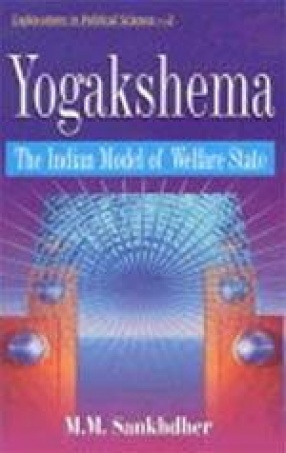
Yogakshema: The Indian Model of Welfare State
-
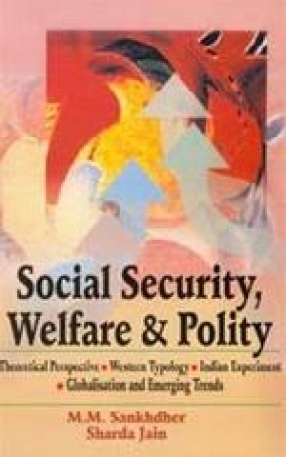
Social Security, Welfare & Polity
-
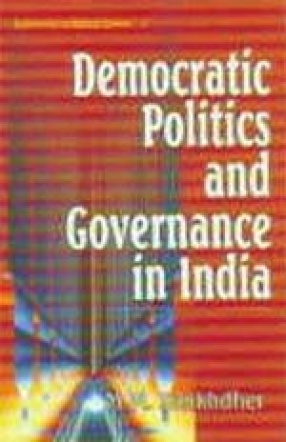
Democratic Politics and Governance in India
-
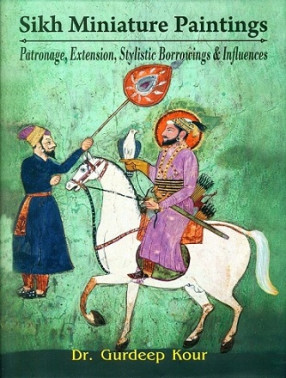
Sikh Miniature Paintings: Patronage, Extension, Stylistic Borrowings & Influences
-
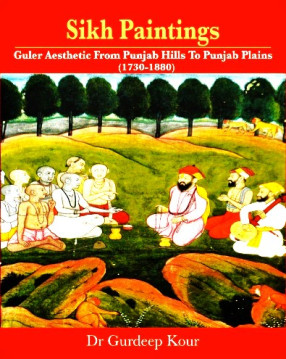
Sikh Paintings: Guler Aesthetic From Punjab Hills to Punjab Plains (1730-1880)

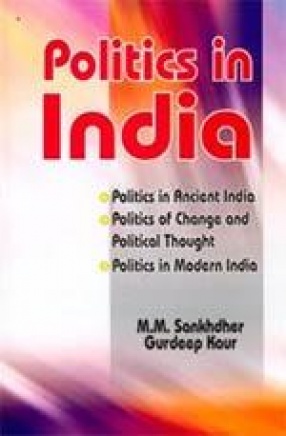





Bibliographic information
Gurdeep Kaur